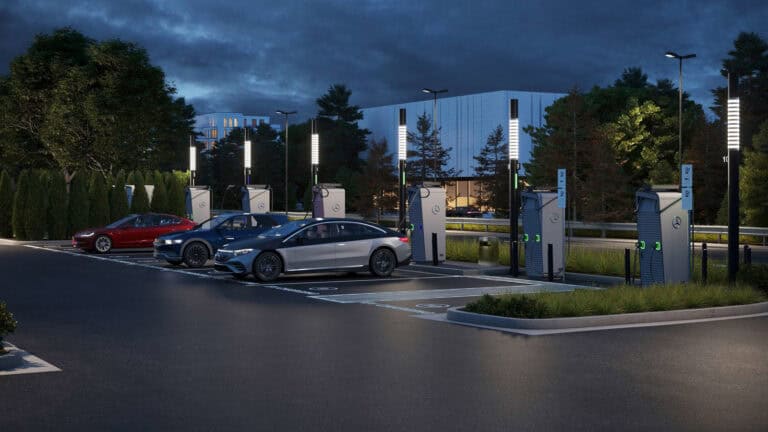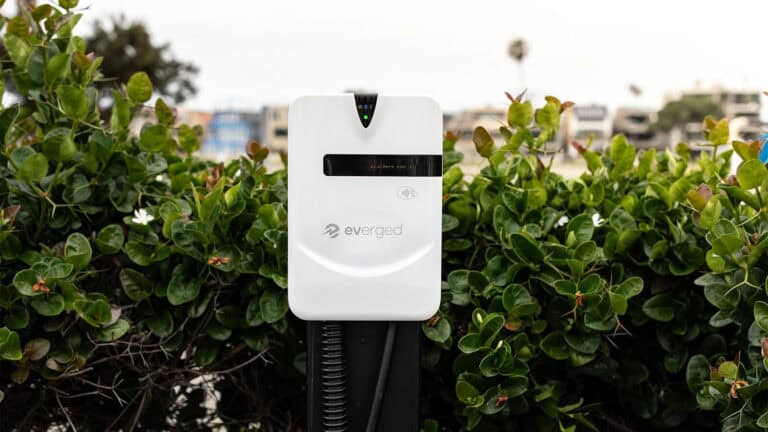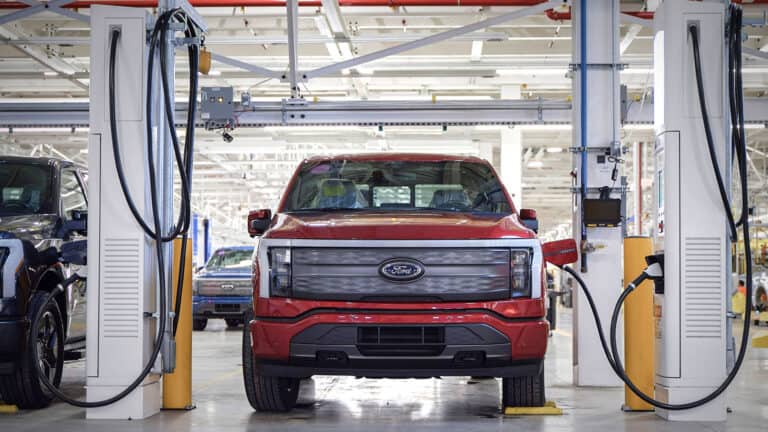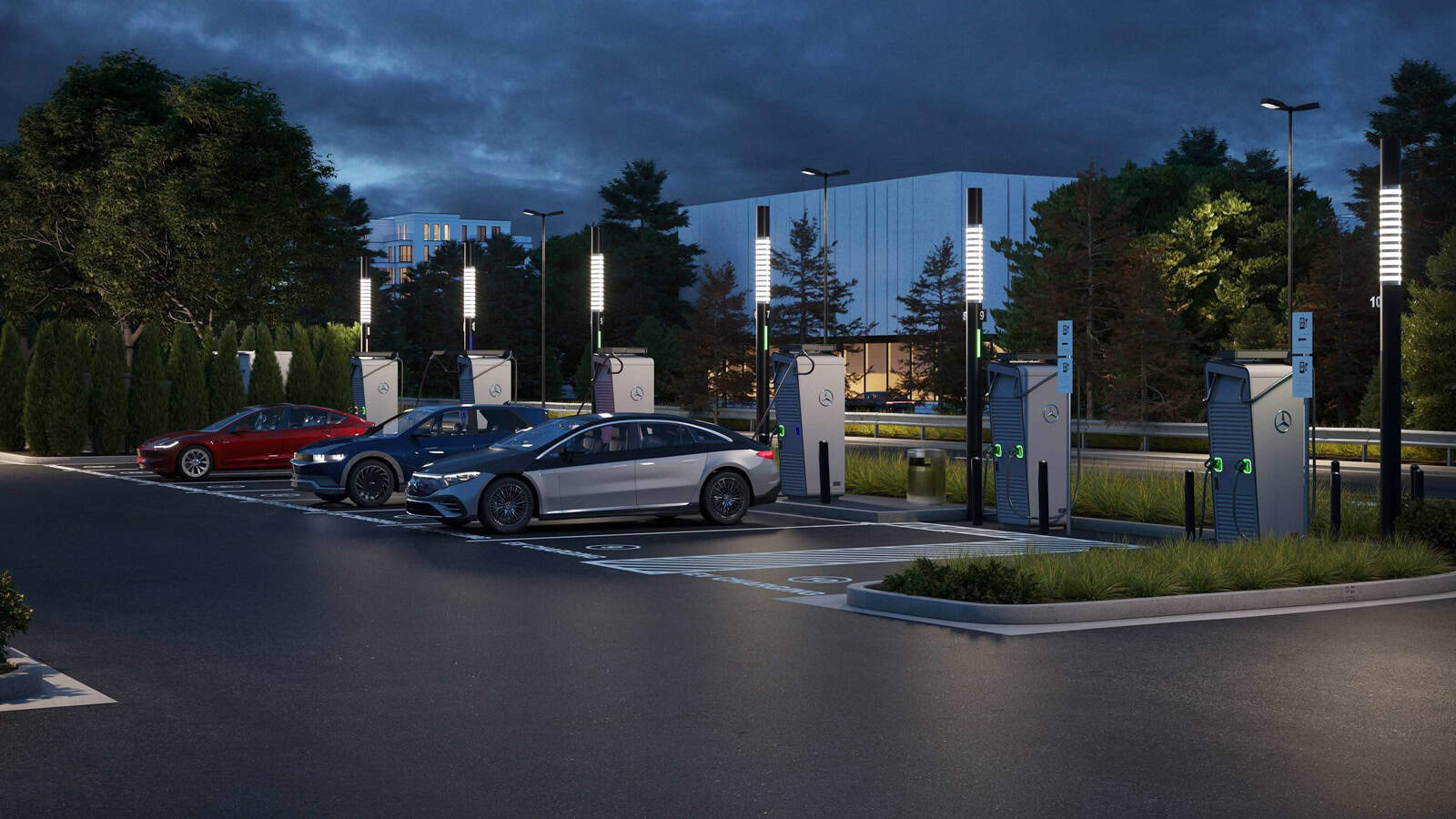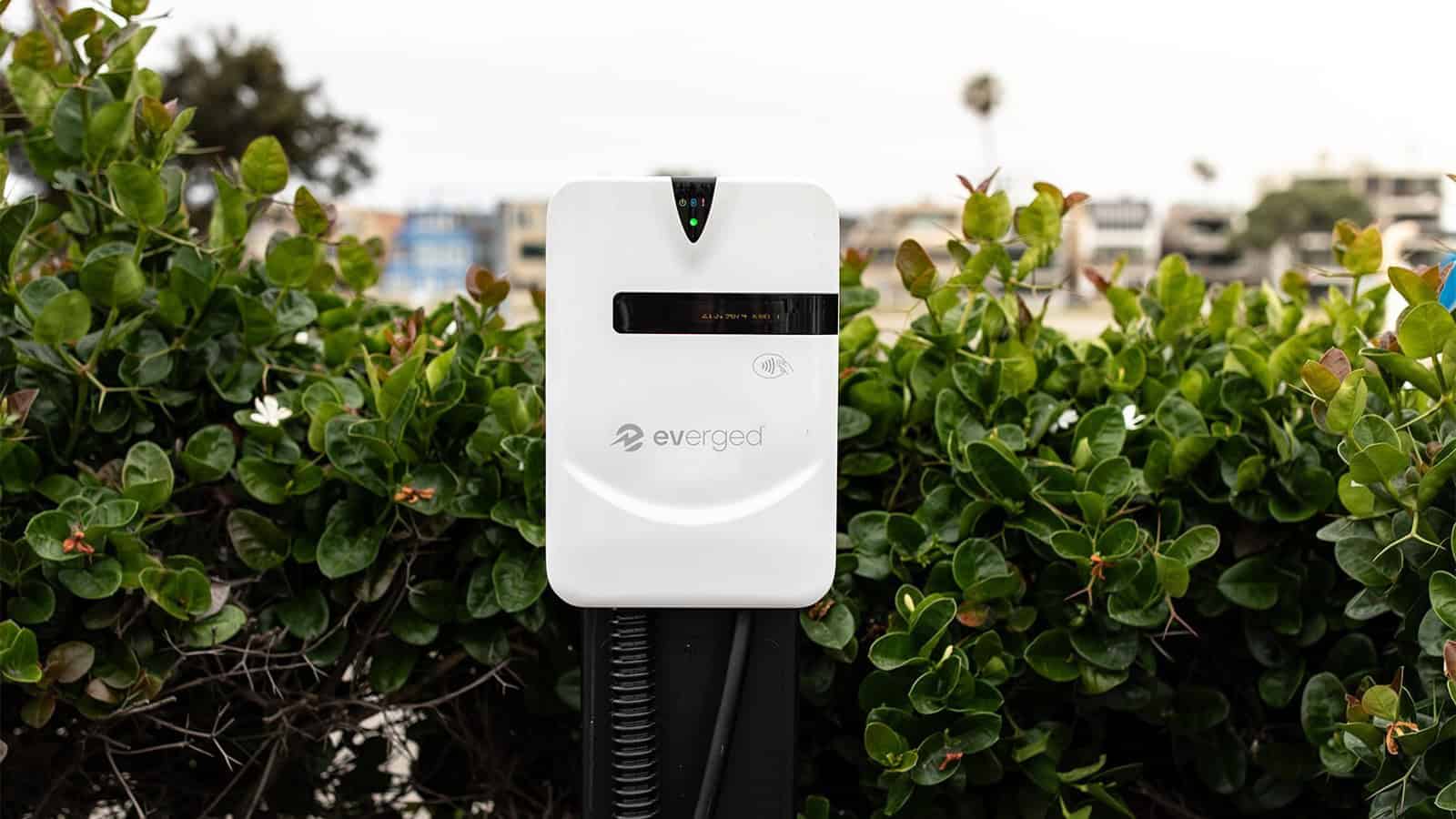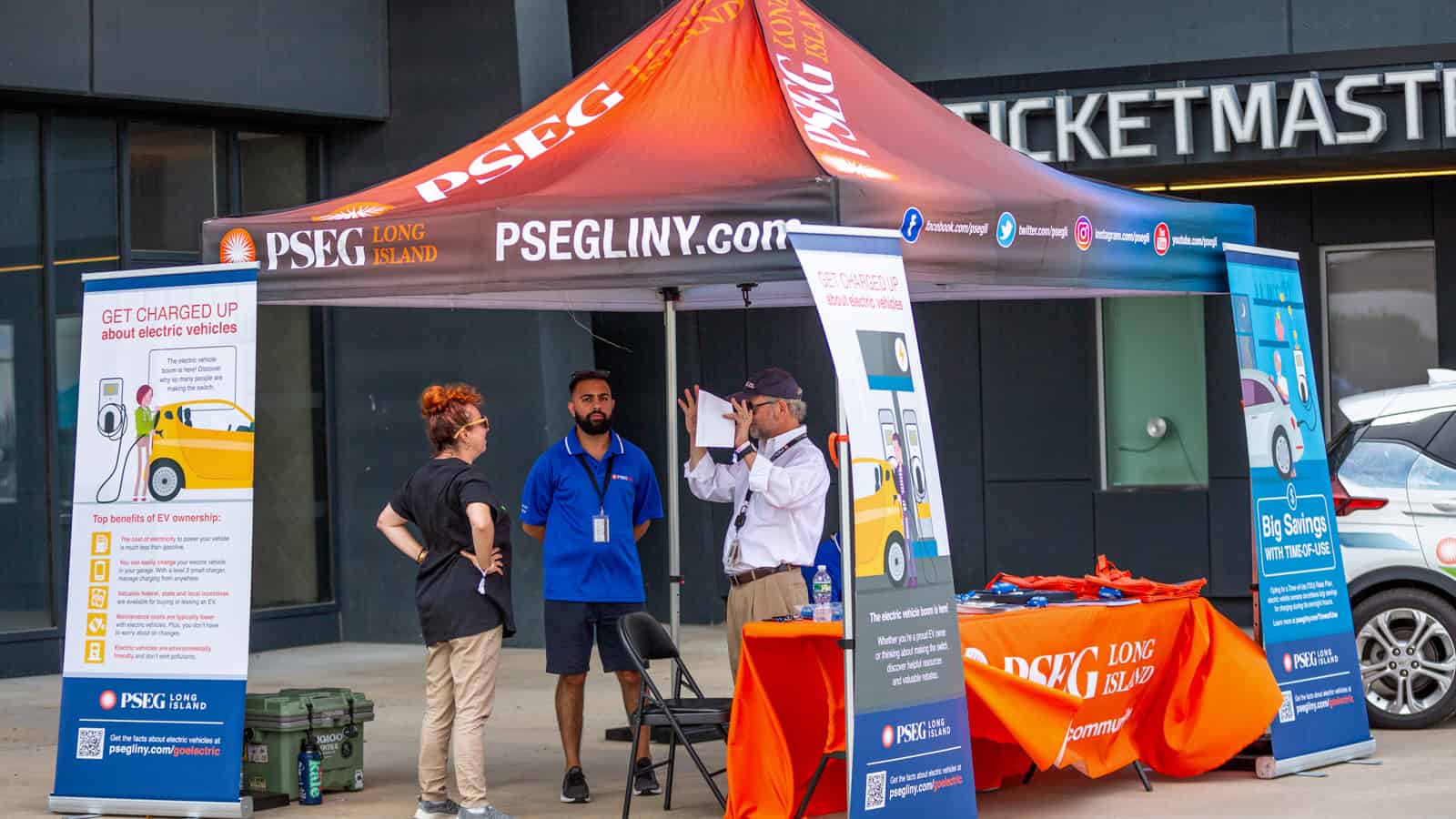- Tesla shocked the EV industry by laying off its Supercharger team in April.
- The move closely followed Tesla’s layoffs of “more than 10%” of its global workforce.
- BP Pulse said it plans to expand BP’s EV charging in the U.S. as a response to the Supercharger layoffs.
In April, Tesla shocked the EV industry by saying that it was laying off its Supercharger team, coming soon on the heels of news it was laying off “more than 10%” of its global workforce. Tesla has been struggling in the first quarter of 2024, when its shares took a 29% plunge, among other difficulties. BP Pulse, the EV charging division of U.K. oil giant British Petroleum (BP), plans to expand the options for BP EV charging in the U.S. and commented about Tesla’s layoffs.
ADVERTISEMENT
In April, Tesla CEO Elon Musk said that the company still plans to expand its Supercharger network, “just at a slower pace for new locations and more focus on 100% uptime and expansion of existing locations.”
Tesla received significant blowback about the layoffs. Many in the EV industry, as well as investors and other stakeholders, showed great concern, as the Tesla Supercharger network has been the largest and most reliable EV charging network so far.
On May 10, Musk responded to critics by posting, “Just to reiterate: Tesla will spend well over $500M expanding our Supercharger network to create thousands of NEW chargers this year. That’s just on new sites and expansions, not counting operations costs, which are much higher.”
Matt Teske, CEO of Chargeway, said: “There has been a lot of action in the last week regarding public EV fast charging in North America. As the dust has settled from Tesla’s Supercharging plans, it brings into clear view how other networks could stand to benefit. With BP’s expressed interest in Supercharger sites, it shows a savvy on their part to take advantage of the work Tesla has done to identify and secure prime locations for fast charging deployment.”
Teske continued: “One of the largest challenges with fast charging infrastructure is squeezing profit from the process. Other public networks have tried various ways to grow and monetize their networks, but many of these strategies were often not driver-centric. This is what set Tesla apart for years, and if BP has the interest to not only flex their muscles for electric vehicle “fueling”, but also lead on the driver experience, they could stand to benefit from Tesla pressing pause on their infrastructure plans. Either way, I imagine there will be even more changes happening this year in the charging space, winners and losers being identified, and consolidation becoming a more prominent discussion.”
ADVERTISEMENT
Oil Giant BP Is Keen on Expanding Its EV Charging in the United States
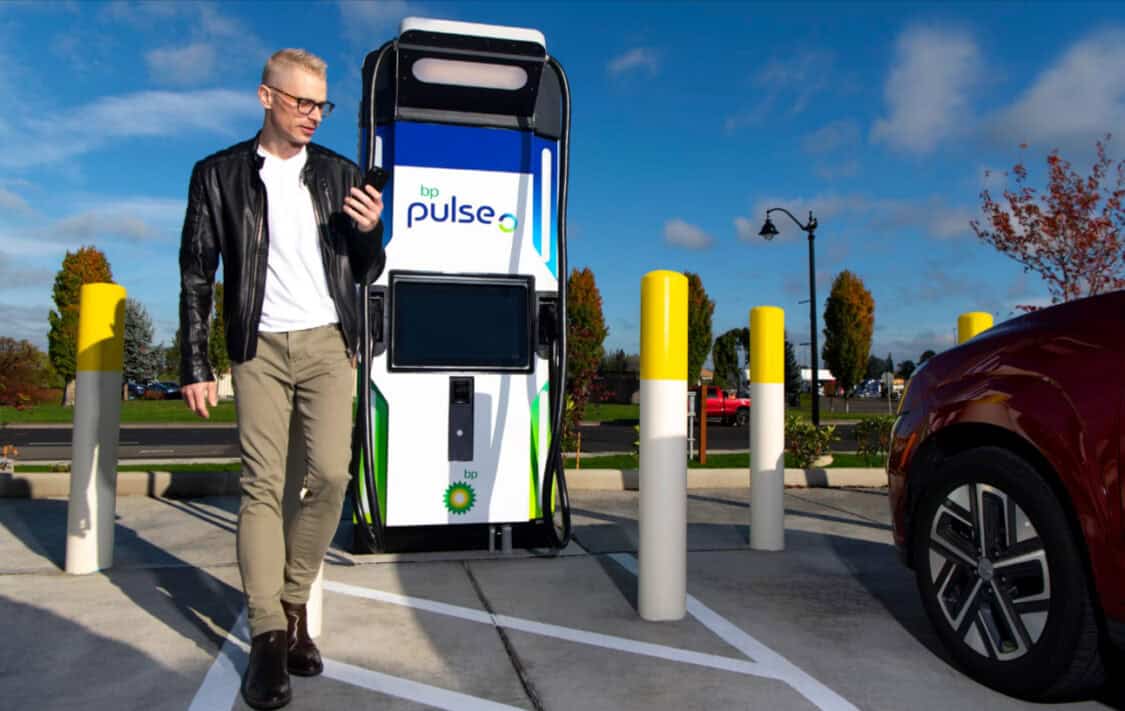
In May, BP said its electric vehicle charging unit, BP Pulse, was keen on expanding into the United States after Tesla disbanded its EV charging team, according to Reuters.
BP, along with Shell, is one of the leading big oil companies making bold moves into EV charging, after seeing declining profits in the internal combustion engine fueling sector.
“We are aggressively looking to acquire real estate to scale our network, which is a heightened focus following the recent Tesla announcement,” BP said.
BP’s spokesperson added that BP is prioritizing focus in the northeast United States, across the Sun Belt, along the West Coast, and in the Great Lakes region.
BP Placed a $10M Order for Tesla Chargers in October 2023
In October 2023, BP Pulse announced it would be ordering $100 million worth of Tesla’s ultra-fast chargers for rollout in the United States. This was the first deployment of Tesla’s chargers on an independent network, the company said.
ADVERTISEMENT
BP Unveiled Its First Pulse Gigahub at Its Houston Headquarters
In March, BP unveiled its first Pulse EV charging Gigahub at its Houston, Texas, headquarters. The Gigahub will feature 24 high-speed charge points. BP said it has expansion plans for more Gigahubs nationwide. These plans align with BP’s investment pledge of $1 billion in EV charging infrastructure by 2030.
BP Lays Off 10% of EV Charging Workforce, Cuts Back EV Charging Plans
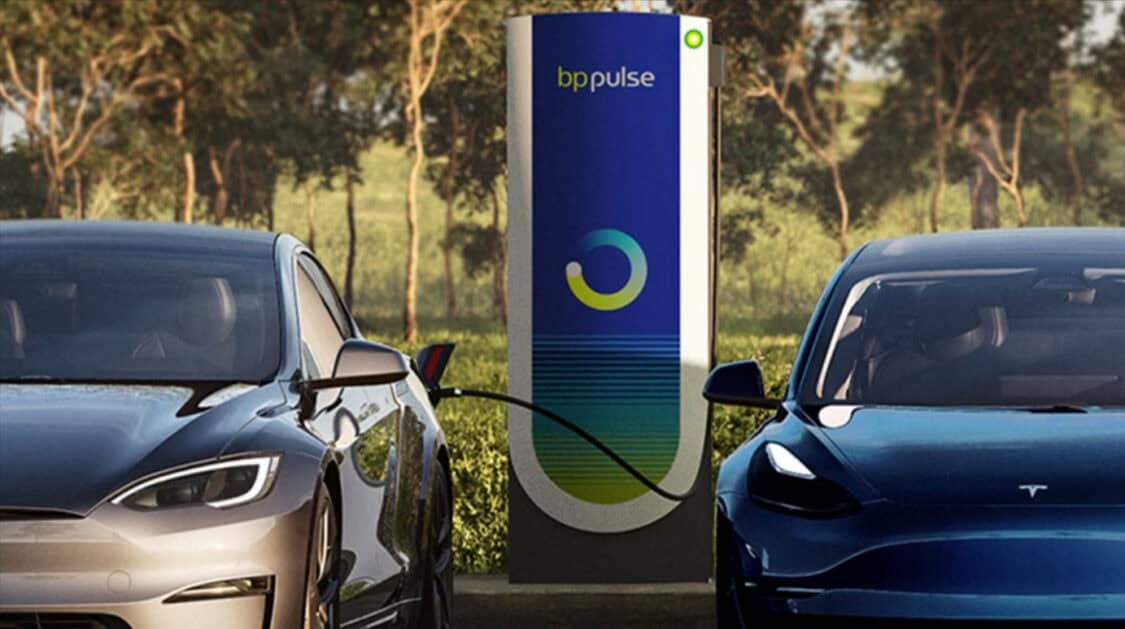
BP laid off over a tenth of the workforce in its electric vehicle charging business in April. However, this has not made much impact on its bold plans for building out EV charging infrastructure in the U.S.
Before the April announcement, BP Pulse reduced the number of countries it focused on from 12 to four. The four countries for the company’s future EV charging expansion are now the United States, Britain, Germany, and China.
Sources told Reuters that BP Pulse cut over 100 jobs, or over 10% of its global workforce of 900. From all indications, BP’s commitment to building out EV charging in America remains strong, as the cutbacks were mostly from the eight countries the company pulled back from.
ADVERTISEMENT

IMAGES: BP
FTC: We use income-earning auto affiliate links. Learn more.





